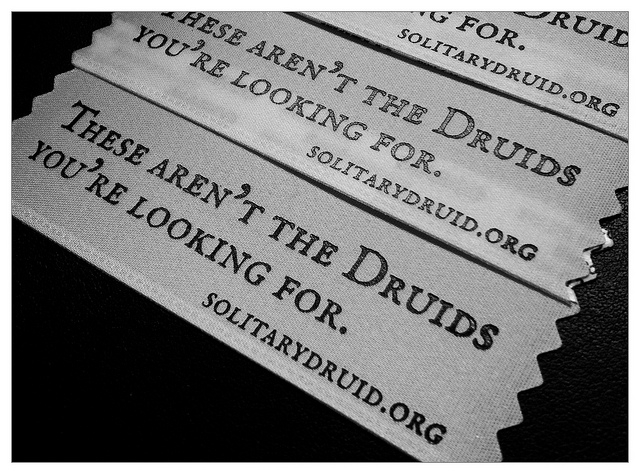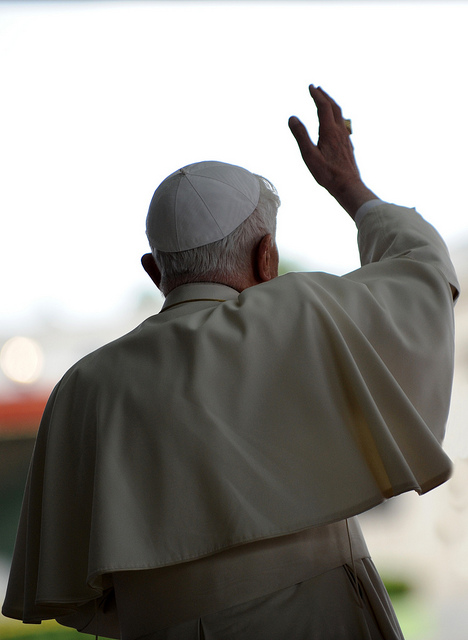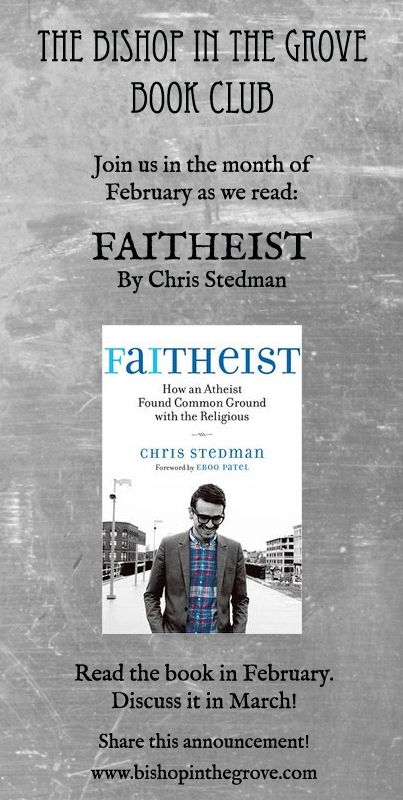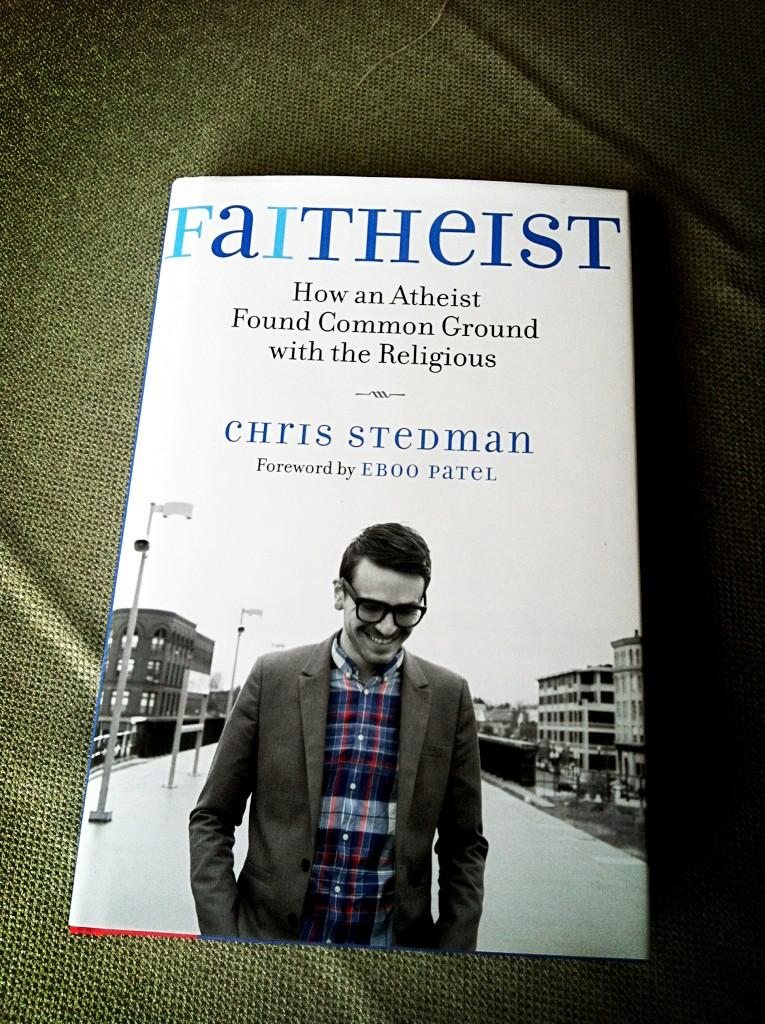Tag: Faitheist
-

Faitheist: A Quest for Meaning Within Reason
Welcome to the first Bishop In The Grove book club discussion about our February book, Faitheist, by Chris Stedman! Let’s get something out on the table: I have never done a book club before. As such, I’m kind of winging it. My hope is that it can be informal, conversational, and ongoing; I envision there […]
-

Pre-Pantheacon Packing Jitters
I haven’t packed. I have piles of things scattered around my office, and none of them are in any order. Pantheacon starts tomorrow — tomorrow!! — and I haven’t packed. In part, I’ve been slow to lay out all of the necessities because this trip is not just a weekend trip for me. I’ll be […]
-

I’m Not Catholic, But I Am Concerned
The first thing that sprung to mind when I learned that Pope Benedict was resigning from his station of service was a series of quips and puns. WWBD? He’d quit. Two living popes in Rome? It’s like Buffy and Faith all over again. Well this is a good way of dodging the child abuse scandal, no? […]
-

A Blessed Imbolc, and a New Book Club!
Blessed Imbolc to all! In case you missed it, I published an Imbolc post on HuffPost Religion called A Faith Made of Fire. Check it out, and feel free to leave a comment there if you feel so inspired. After a wonderful round of comments on my last post, I’m happy to announce that we’re moving forward with […]
-

Brainstorming and Crowdsourcing a BITG Book Club
I’m starting a book club. The Bishop In The Grove Book Club. Cool, right? For those who are keeping track of the number of projects mounting on my desk, the thought of one more new endeavor probably seems like insanity. But I don’t care. I think a book club sounds like fun. I could use a dose of […]





